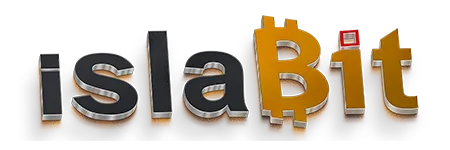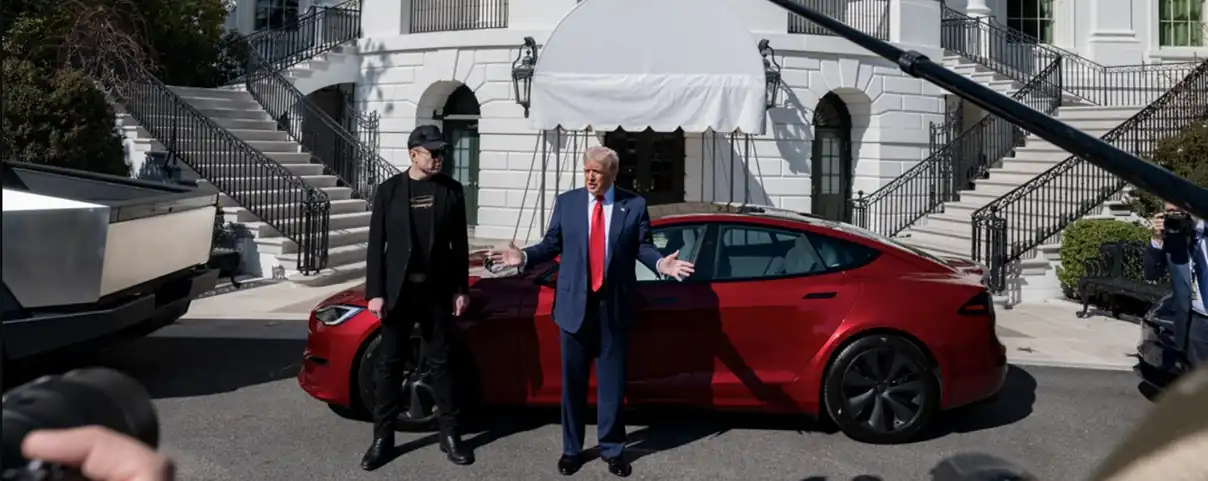President Donald Trump announced that he will classify the violent acts against Tesla dealerships as domestic terrorism, according to a transcript shared by White House reporters.
This statement comes amid a wave of protests against what some consider a hostile takeover of the federal government by Elon Musk and the Department of Government Efficiency (DOGE).
In recent days, several incidents have been reported at Tesla dealerships around the world.
Protesters have occupied facilities, spray-painted graffiti on signs, set charging stations on fire, and even thrown Molotov cocktails in parking lots.
The tension is growing in parallel with the decline in Tesla’s stock, whose value fell below the level reached after Trump’s electoral victory in November 2024.
This is compounded by a decline in global sales, driven by Musk’s political strategies.
Trump, after a meeting with Musk at the White House, was blunt: “I’m going to stop them. We’ll catch anyone who does this because they’re hurting a great American company. If they do this to Tesla, and they do this to any company, we’ll catch them, and they’ll go through hell.”
Federal law allows an attack against a company to be considered domestic terrorism if its objective is to intimidate the public, influence state property, or change government behavior through acts of violence.
Meanwhile, the #TeslaTakedown movement has gained momentum in recent weeks.
Its organizers claim that the right to peaceful protest is a fundamental part of American democracy and accuse Trump of favoring his corporate allies while trying to suppress any form of dissent, as reported by TechCrunch.
The problem is compounded by the ambiguity in the definition of violence. The concern is whether the Trump administration will label peaceful protesters as violent in the future.
This becomes even more delicate following the president’s recent promise to deport international students who participate in protests against Israel’s war in Gaza, posing a risk to those with green cards or visas who decide to speak out against Tesla.
Amid all this controversy, Trump attempted to close his stance with an unexpected comment: he said he would buy a Tesla that he himself wouldn’t be able to drive, but that would be used in the White House by his team.

